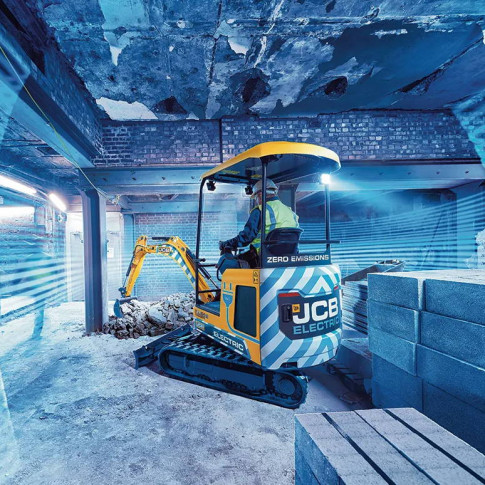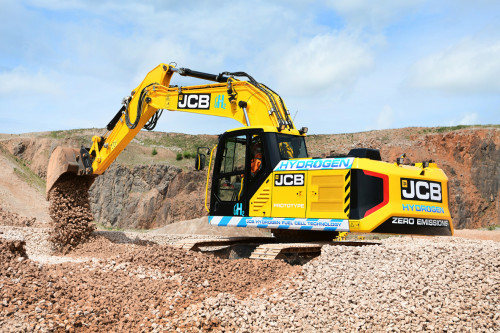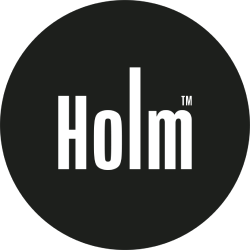Eco Holm of the Future

The Future for Filtration in Electric, Hybrid & Hydrogen-Powered Construction Equipment
As most people are aware, by the year 2030, all new cars sold in the UK must be electrically powered. In line with this, it is expected that more and more plant and construction machinery manufacturers will also need to develop vehicles that use this eco-friendly form of power and propulsion.
In recent years, the EPA (Environmental Protection Agency) has introduced restrictions that reduce the use of diesel in construction equipment. This is intended to limit the level of emissions, which may be caused during use.
At the end of 2019, new emissions rules were implemented, which require non-road mobile machinery, including forklifts, mobile cranes, bulldozers, inland waterway vessels, off-road recreational vehicles etc to comply with the EU commission Stage V standards, which are also included in UK law.
These emission standards are considered to be the world’s toughest for non-road mobile machinery. The Stage V standards tighten restrictions and set stricter limits of emissions of particulate matter, making the use of diesel particulate filter (DPFs) kits obligatory in the exhaust system. At this stage, these restrictions are applicable to non-road diesel engines of between 19 kW and 56 kW and all non-diesel power units. As a result, alternative power sources and fuels are also being considered.
Already, a number of construction plant equipment manufacturers, such as JCB, Volvo and Bobcat have introduced machinery, at the smaller end of the scale, which are fully electrically powered. Utilising lithium-ion batteries, these pieces of equipment can often operate for a full shift (8 hours) and are popular for use inside buildings and other areas where exhaust fumes can be a particular nuisance.

In the meantime, hybrid power trains, using a combination of electric and a traditional engine, which have achieved significant use in the automobile field, are being introduced for larger machinery, especially those that have a heavy load, low speed and periodic operation requirements. Hybrid power has the potential to reduce fuel consumption as well as emissions. Hybrid excavators and wheel loaders have been introduced by companies such as Hitachi and Komatsu.
A traditional construction vehicle or piece of equipment has numerous filters, many to turn combustion energy into motion. Whilst these are still required in a hybrid vehicle, which also relies on an engine for power in many circumstances, those in electric vehicles are limited to air filters for the quality of the cabin air and to filter air intakes on the battery cooling system.
A further development, which is yet to come to market, is fuel cell or hydrogen-powered construction vehicles. Already some cars and soon vans, are utilising hydrogen as a fuel and there are also research projects examining the potential for the use of Hydrogen in domestic heating boilers etc. JCB are known to be trialing this power source, the system already being used in buses.
A combination of air and hydrogen is used to produce electricity, from which the vehicle is powered. Similar to a standard combustion engine, filters are needed to clean the incoming air and to facilitate the combination of that air and hydrogen to generate electricity, plus for lubrication etc.
Until battery technology means that the banks of batteries required to power construction equipment become smaller and lighter, the majority of vehicles will still rely on an engine in some form and so filters from Holm.
To discuss your filter requirements, now or in the future, please phone holm on 01403 914400 or send an email to info@holmfilters.com.
